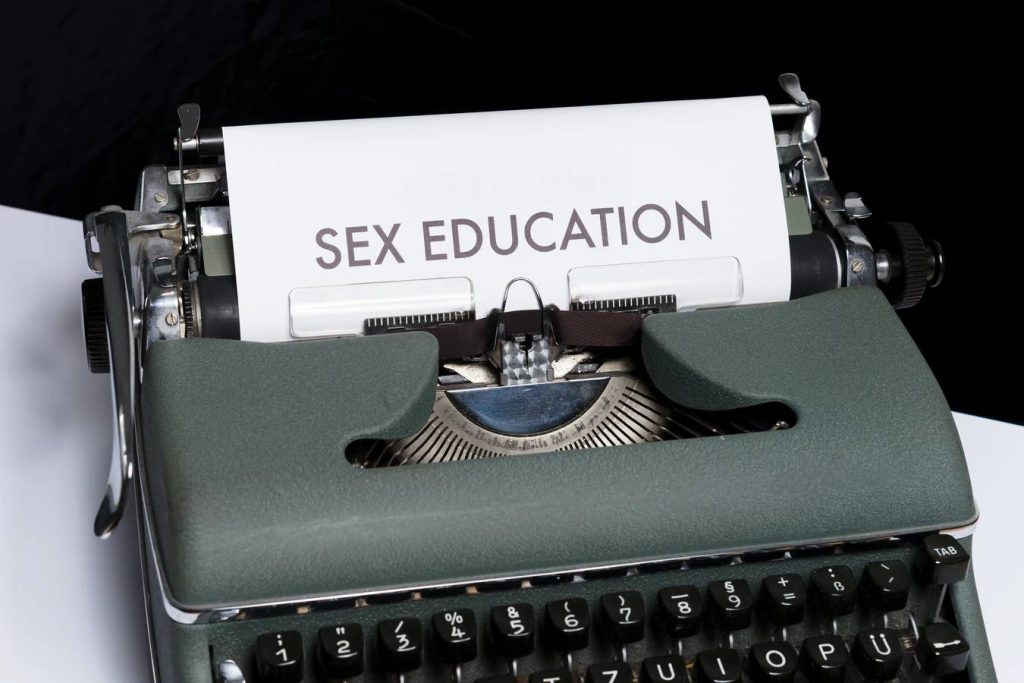Sex education, by far remains the most controversial topic in the Indian education system. While most people agree that it should be included in the curriculum early on, it remains a taboo. However, issues such as early teenage pregnancies, STDs, and assaults can be avoided if children are being taught about these topics in the right way.
Sex education means an umbrella term that includes proper guidance about human anatomy and sexual reproductive health. While most textbooks after ninth grade do include this, certain important aspects related to sex education are often ignored – emotional relation, reproductive rights and responsibilities, and human sexual behaviour. Since most parents often hesitate to talk about this with their children, it must be included as part of the school learning.
Saying so, children do not generally get the needed amount of sex information at home and since school is one place they spend maximum time, it is better they get the right information from there. However, imparting sex education comes with its pros and cons, especially if it is not imparted properly.
Pros
HIV is not a new term. It’s been there for years and is still taking over thousands of lives every year. The spread of HIV and other STDs in young adults also primarily remains because of the low rates of contraceptive use. This comes from the lack of awareness on safe sex practices. Including sex education in school can shed light on preventing STDs as well as being conscious of safe and healthy practices. Early sex education in young adults also empowers them with the knowledge of unwanted pregnancies and the associated physical and health issues that follow.
Moreover, when young adults are well informed and their curiosities related to their body is fed, cases of sexual assaults reduce manifolds. They can differentiate the difference between desire and lust and identify the right from the wrong.
Creating a barrier around sex education and not discussing the topic does not create a healthy influence on young minds. It is always better that they are well informed, their questions are answered and they can rely on the right sources for guidance.
Cons
Although sex education is all about the human body, the reproductive system, birth contraceptives, etc., it is a broad topic. Several aspects related to it need to be delicately conveyed to young adults so that they are taken positively. Also, teenage children should be able to trust the teacher and feel comfortable. Unfortunately, there is a lack of skilled professionals in our education system to take up this task. Very few are open and willing to discuss this topic with their students and only a handful of them take it till the end where children feel comfortable and open to talk about it.
In most of the societies, sex education is still looked upon as an extracurricular topic and often ignored. Sometimes, when the teacher is not able to cope up with the school curriculum, he/ she lets this topic slip by, imparts improper education and the results are disastrous.
In a society such as ours, people are yet bound by their moral values and religious sentiments to talk about this topic openly. Many schools do not impart it with the fear of protests from parents.
Wrapping up
It is only true that those children who are given proper knowledge about sex education seem to show the right moral behaviour in the long run. But sadly, there is still insufficient cooperation from their side. Most young adults often laugh when talked about sex education and embarrass the teacher. Hence, to be able to properly educate them about this, the support from parents is equally important. Parents be their friends and clear their doubts related to their changes in the body and the desires towards the opposite sex. Hence, it is only with the support of parents and teachers, the sex education included in the school curriculum can be effective for young adults and its benefits can outweigh the disadvantages.

